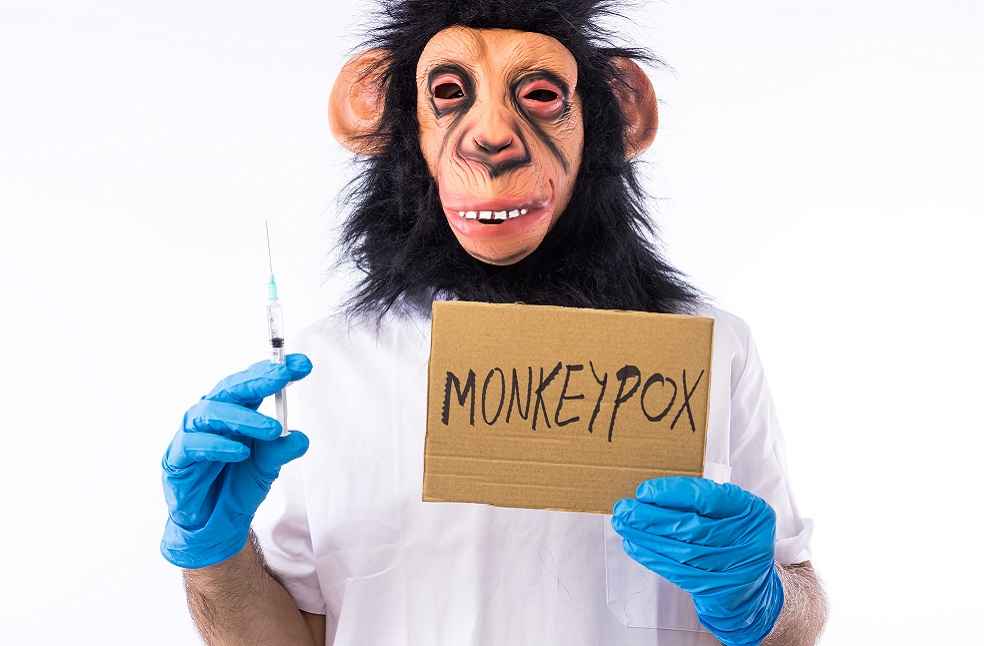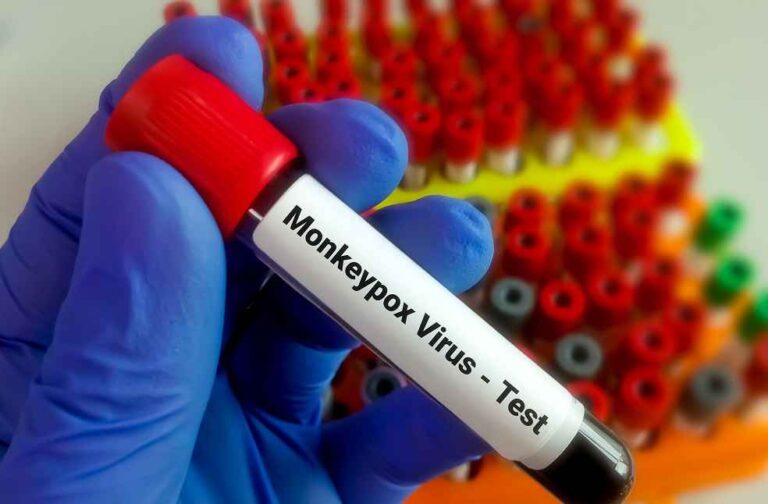A new Mpox strain, Clade 1b, has emerged as a new global health threat due to its higher transmission rate and severe symptoms. This strain first appeared in September among sex workers in Kamituga, Democratic Republic of the Congo (DRC). Since then, it has reached approximately 1,000 cases in South Kivu province and has recently spread to Goma.
Increased Mortality Rates
Early estimates indicate a mortality rate of 5% for adults and 10% for children, based on data from hospitalised patients. Jean Claude Udahemuka from the University of Rwanda emphasised the strain’s danger, calling for global preparedness and local support. “It is undoubtedly the most dangerous so far of all the known strains of Mpox,” he said.
Symptoms and Transmission
Clade 1b, similar to its predecessor Clade 2 which caused a global outbreak in 2022, produces a severe blister-like rash. However, Clade 1b’s symptoms are more severe, often spreading across the body. While primarily transmitted sexually, it can also spread more easily within households and schools. Miscarriages and long-term health problems have been reported among those infected.
WHO Response

The World Health Organisation (WHO) is planning an emergency vaccination campaign in South Kivu, aiming to improve access post-rainy season to help contain the outbreak. Trudie Lang from the University of Oxford stressed the urgency of understanding Clade 1b’s incubation period and potential for asymptomatic spread to fully gauge the epidemic’s impact.
Mpox Overview
Mpox, first recorded in 1970 in the DRC, gained global attention with a significant outbreak in 2022. Unlike chickenpox, Mpox is an orthopoxvirus, primarily transmitted through skin contact or prolonged face-to-face interaction. Symptoms include fever, headaches, swollen lymph nodes, and a rash resembling pimples or blisters.
Understanding Mpox

- What is Mpox: Mpox (monkeypox) is an infectious disease caused by the monkeypox virus. It can cause a painful rash, enlarged lymph nodes, and fever. Most people fully recover, but some can become severely ill.
- Mpox Symptoms: Mpox causes fever, headache, body aches, swollen lymph nodes, and a rash. The rash begins as flat spots that turn into bumps, which then fill with fluid. Some people develop spots that look like pimples or blisters before experiencing any other symptoms.
- Mpox Treatment: Most people without weakened immune systems who get Mpox recover fully within 2 to 4 weeks without the need for medical treatment. Treatment for Mpox includes managing symptoms. Medicines like ibuprofen (Advil, Motrin) and paracetamol (Tylenol) can help alleviate discomfort.
As Clade 1b continues to spread, global health authorities are closely monitoring the situation to prevent a widespread outbreak. Public health measures, including vaccination and public awareness, are crucial in mitigating the impact of this new and dangerous strain.
MOST READ | UN survey reveals 80% demand stronger climate action



